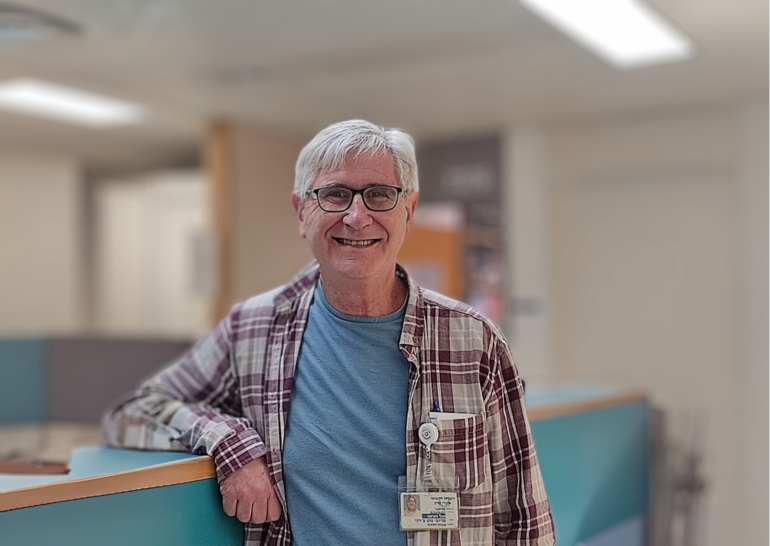
A little does not go a long way to treating cancer: updated ESMO study results cause concern about stalling progress in access to medicines
The updated Antineoplastic Medicine Survey (ANMS) dataset shows that essential therapies remain out of reach for patients in most low and lower middle-income countries despite international efforts
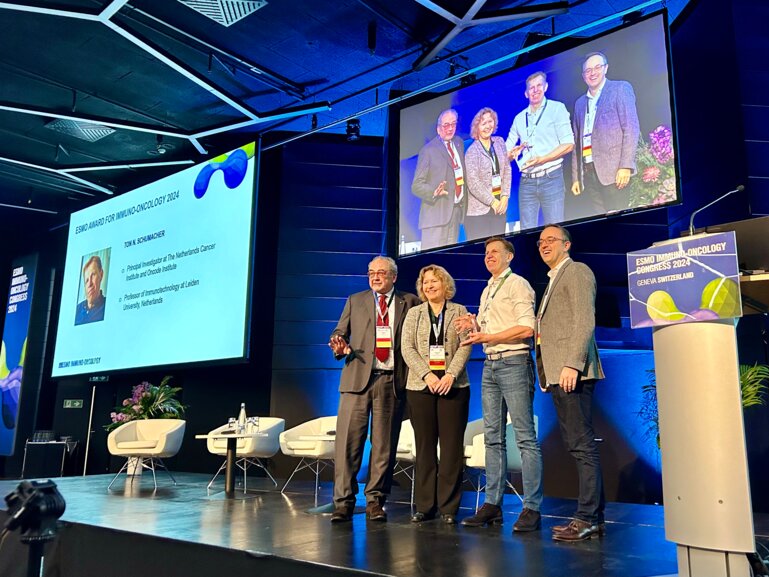
Are we close to personalise immunotherapy?
According to the 2024 ESMO Immuno-Oncology Awardee, Ton Schumacher, tackling the T-cell receptor challenge with vast datasets and cutting-edge high-throughput methods may pave the way for advances in the field
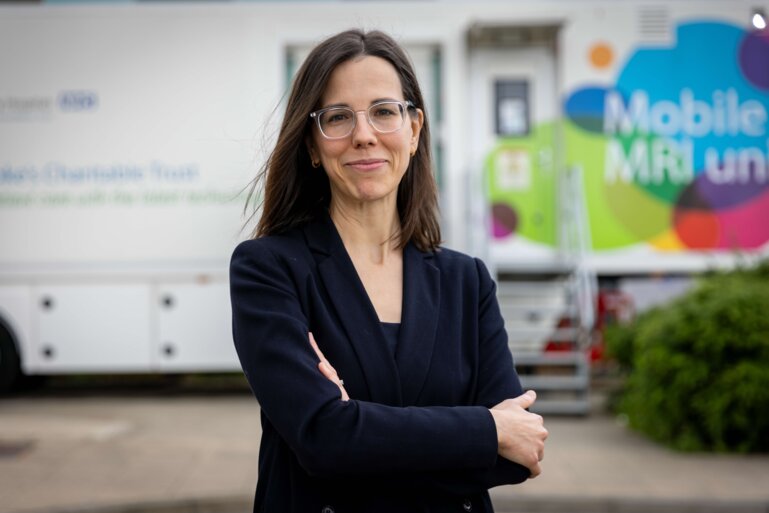
Education sets the basis for an AI-driven future of oncology
The deployment of artificial intelligence could lead to substantial advances in cancer care, but collaborative efforts are needed to increase trust among end users

Improving supportive care of young patients with breast cancer
According to Prof. Ann Partridge, 2024 ESMO Awardee, young patients with breast cancer have unique needs that must be addressed to achieve better outcomes
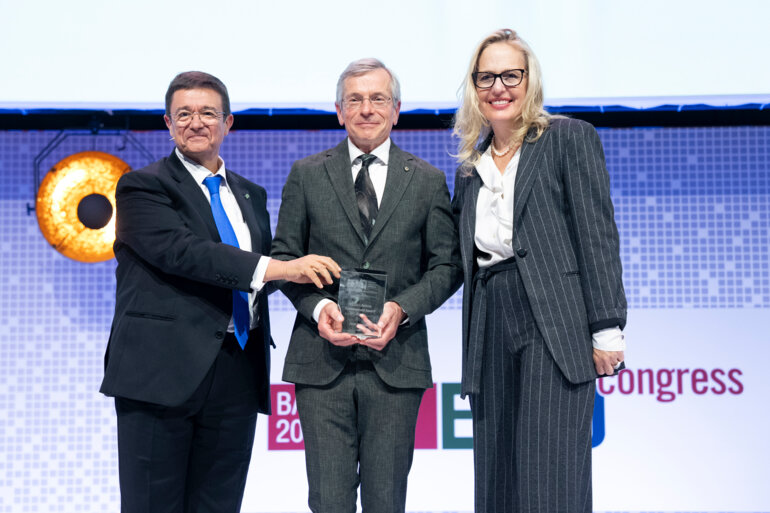
Melanoma research continues to lead the way in new immunotherapies
For recipient of the ESMO Lifetime Achievement Award, Prof. John Haanen, melanoma research has provided him with a career full of innovation, but there is always more to explore
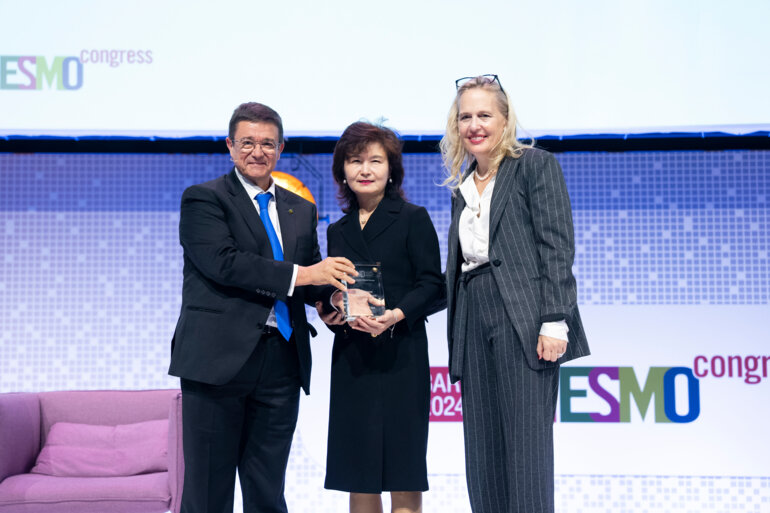
Role of female leaders in addressing gender gaps in oncology
ESMO Women for Oncology Award Recipient Prof. Myung-Ju Ahn discusses gender equity in lung cancer research
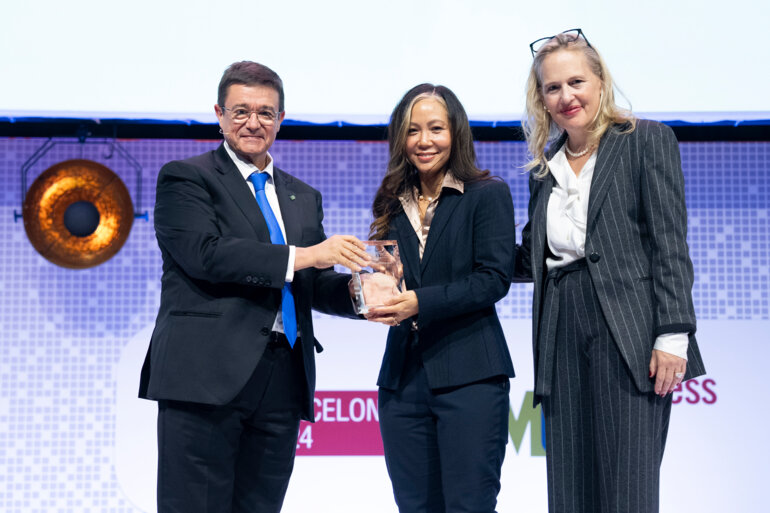
Translational research: from bytes to bedside
According to Prof. Serena Nik-Zainal, 2024 ESMO Translational Research Awardee it is important to change the mindset of the cancer community to embrace all the information available through genome research
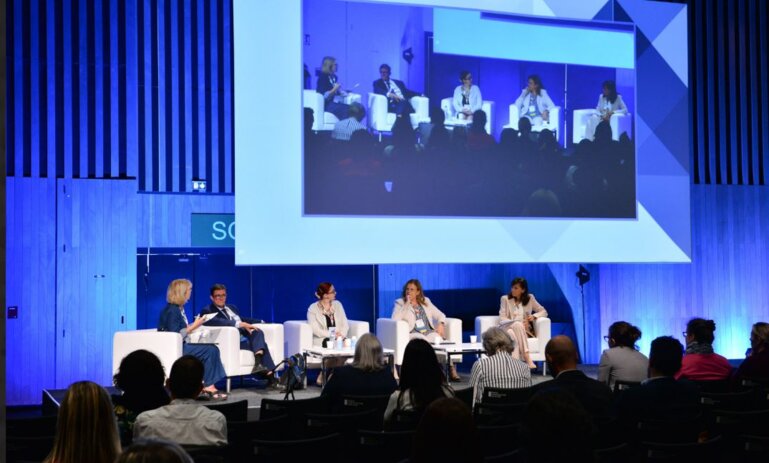
Is gender equity still an issue in oncology?
At the ESMO Congress 2024, the ESMO Women for Oncology (W4O) Committee is presenting new findings on female representation in leadership positions

Tumour-agnostic oncology – time has come to re-think clinical research
Advances in precision oncology are moving the field towards a biology-based cancer care, and ESMO is supporting the change with a series of tailored resources for medical oncologists

Tailoring care for LGBTQ patients with cancer – a long way ahead?
With a recent survey in collaboration with SIOPE and the recognition of LGBTQ as a specific patient population in the recommendations for a Global Curriculum in Medical Oncology, ESMO is at the forefront of a more inclusive oncology
